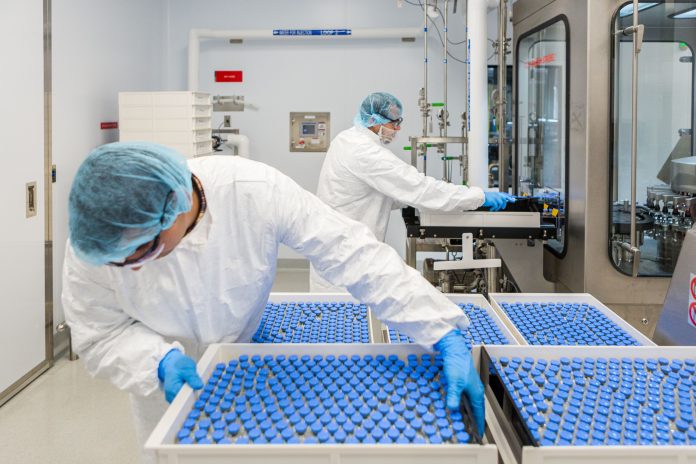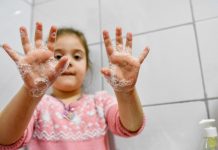MONDAY, April 6, 2020 (HealthDay News) — A drug originally developed to treat Ebola is getting a second chance in the spotlight, as research teams in the United States, Asia and Europe race to test it against the new coronavirus.
The drug, called remdesivir, has already been given to a limited number of patients hospitalized with COVID-19, on a “compassionate use” basis. That included the first U.S. patient diagnosed with the disease — a 35-year-old man in Washington state who sought care on Jan. 19, shortly after returning home from Wuhan, China.
He ended up in the hospital, and after his lung function deteriorated, he was placed on oxygen and later given an infusion of remdesivir. He improved the next day, his doctors reported recently in the New England Journal of Medicine.
The problem is, individual cases do not prove that a treatment works, or would even be safe if given to large numbers of patients.
“You can’t assume it’s safe and effective,” said Dr. Babafemi Taiwo, chief of infectious diseases at Northwestern University Feinberg School of Medicine, in Chicago.
This week, Northwestern was among the latest U.S. medical centers to join a large-scale research effort sponsored by the U.S. National Institute of Allergy and Infectious Diseases (NIAID). It is putting remdesivir to the “gold standard” test in medicine: a controlled clinical trial.
Patients hospitalized with COVID-19 are being randomly assigned to receive either infusions of remdesivir or a placebo, in addition to standard care, including breathing support.
Dr. Victor Tapson is a pulmonary medicine specialist at Cedars-Sinai Medical Center, in Los Angeles. He explained that “we don’t learn whether something really works without randomized clinical trials.”
Cedars-Sinai also joined the NIAID trial this week, becoming one of a planned 75 sites worldwide to participate. Tapson is the hospital’s site director, where the goal is to enroll up to 30 patients.
All of the trial patients will be sick enough to be hospitalized, but at varying stages of severity, according to Tapson. Some will be intensive care unit (ICU) patients on ventilators, while others will be less ill — showing low oxygen levels, for example.
At Northwestern, the first patient slated to receive the drug was an 89-year-old man in the ICU. His family is “very excited,” Taiwo said. At the same time, he cautioned that everyone needs to wait for the trial results to know whether remdesivir can truly fight the virus.
The drug, made by U.S. biotech giant Gilead Sciences, was originally developed to battle the Ebola virus epidemic that swept through several African countries between 2013 and 2016. Clinical trials later showed it was less effective in treating the disease than some other experimental therapies.
“It might not be the most effective treatment for Ebola, but we did learn about its safety in humans,” Tapson said.
And while Ebola is not caused by a coronavirus, animal research shows that remdesivir is active against the coronaviruses that caused the SARS (severe acute respiratory syndrome) and MERS (Middle East respiratory syndrome) outbreaks.
The drug has the potential to fight different virus families because of the way it works, Taiwo explained. Essentially, it disables key molecular machinery that certain viruses use to make copies of themselves.
In the latest trial, patients assigned to remdesivir will get a daily infusion of the drug for up to 10 days; those in the placebo group will receive infusions of an identical-looking, inactive substance.
Tapson could not predict when the results will be available, but it will be quick relative to the norm for clinical trials.
“We’re not looking at how patients do in a year,” Tapson said. “Once we have the one-month data, then data analysis can start.”
Remdesivir is one of many treatments researchers are investigating for COVID-19. Other drugs, including antivirals and medications that target lung inflammation, are under study. And hospitals in New York City and Houston are looking at whether antibodies from the blood of recovered COVID-19 patients can be used to treat others.
Meanwhile, on March 28, the U.S. Food and Drug Administration said doctors can use two malaria drugs, hydroxychloroquine and chloroquine, to treat people hospitalized for COVID-19. That was based, however, on scant evidence that they are helpful — primarily from a French study of 20 patients given hydroxychloroquine, with or without the antibiotic azithromycin.
































